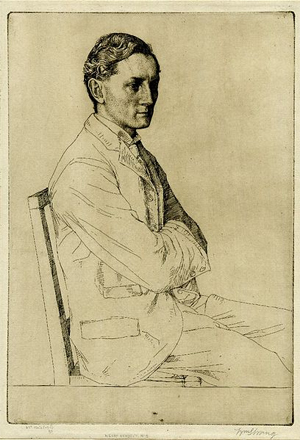April on Waggon Hill
Henry Newbolt
Lad, and can you rest now,
There beneath your hill?
Your hands are on your breast now,
But is your heart so still?
'Twas the right death to die, lad,
A gift without regret,
But unless truth's a lie, lad,
You dream of Devon yet.
Ay, ay, the year's awaking,
The fire's among the ling,
The beechen hedge is breaking,
The curlew's on the wing;
Primroses are out, lad,
On the high banks of Lee,
And the sun stirs the trout, lad,
From Brendon to the sea.
I know what's in your heart, lad, -
The mare he used to hunt -
And her blue market-cart, lad,
With posies tied in front -
We miss them from the moor road,
They're getting old to roam,
The road they're on's a sure road
And nearer, lad, to home.
Your name, the name they cherish?
'Twill fade, lad, 'tis true:
But stone and all may perish
With little loss to you.
While fame's fame you're Devon, lad,
The Glory of the West;
Till the roll's called in heaven, lad,
You may well take your rest.
Waggon Hill (Wagon Hill) is an outcrop south of Ladysmith in South Africa, which was staunchly defended by the Devonshire Regiment during the Anglo-Boer War. A major Boer attempt to storm Ladysmith was beaten back by the Devonshires on 5/6 January 1900, saving the besieged city. At the time the action was widely glorified in Britain - it was a rare British success in a run of defeats by the Boers.
The dead soldier Henry Newbolt addresses in the poem must have come from North Devon - this is the countryside around Lee and Brendon written about in the poem. This poem is entitled Waggon Hill, but it's really about Devon, so that gets the Main Location vote.
